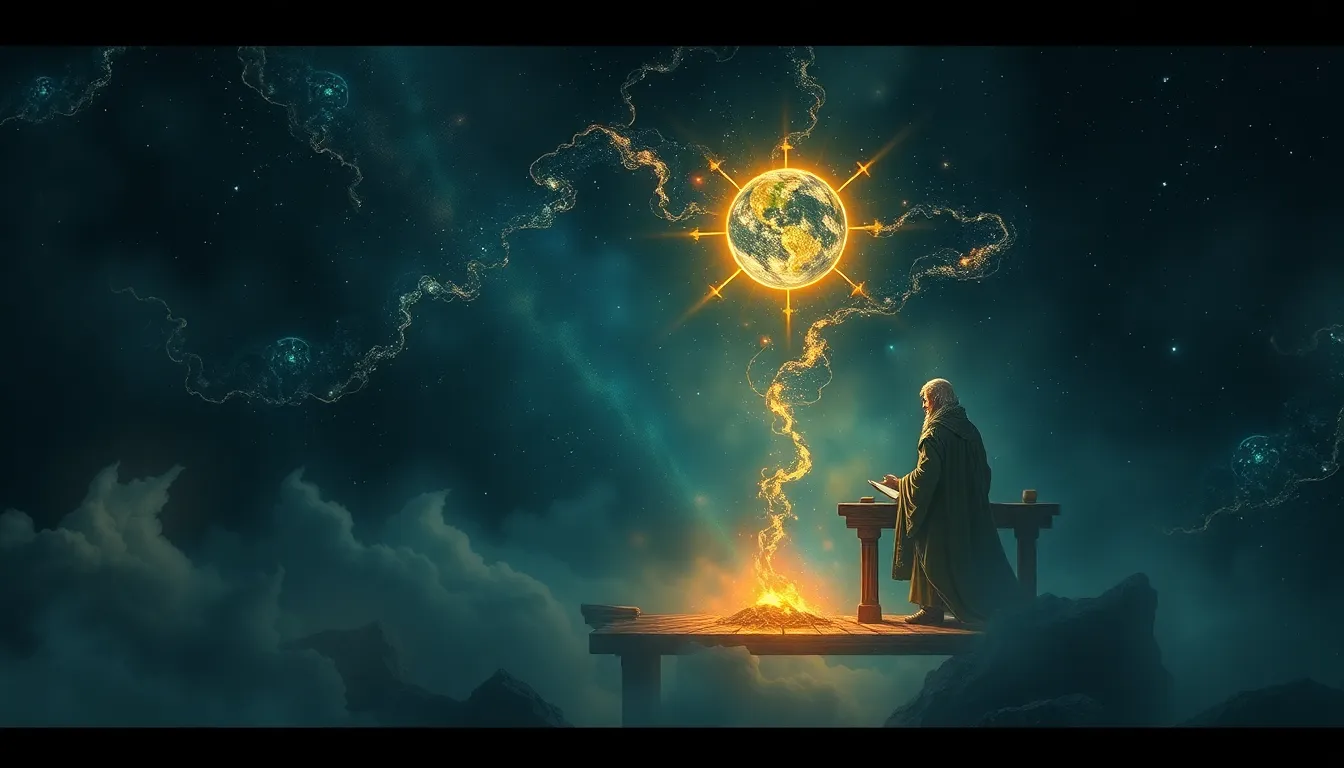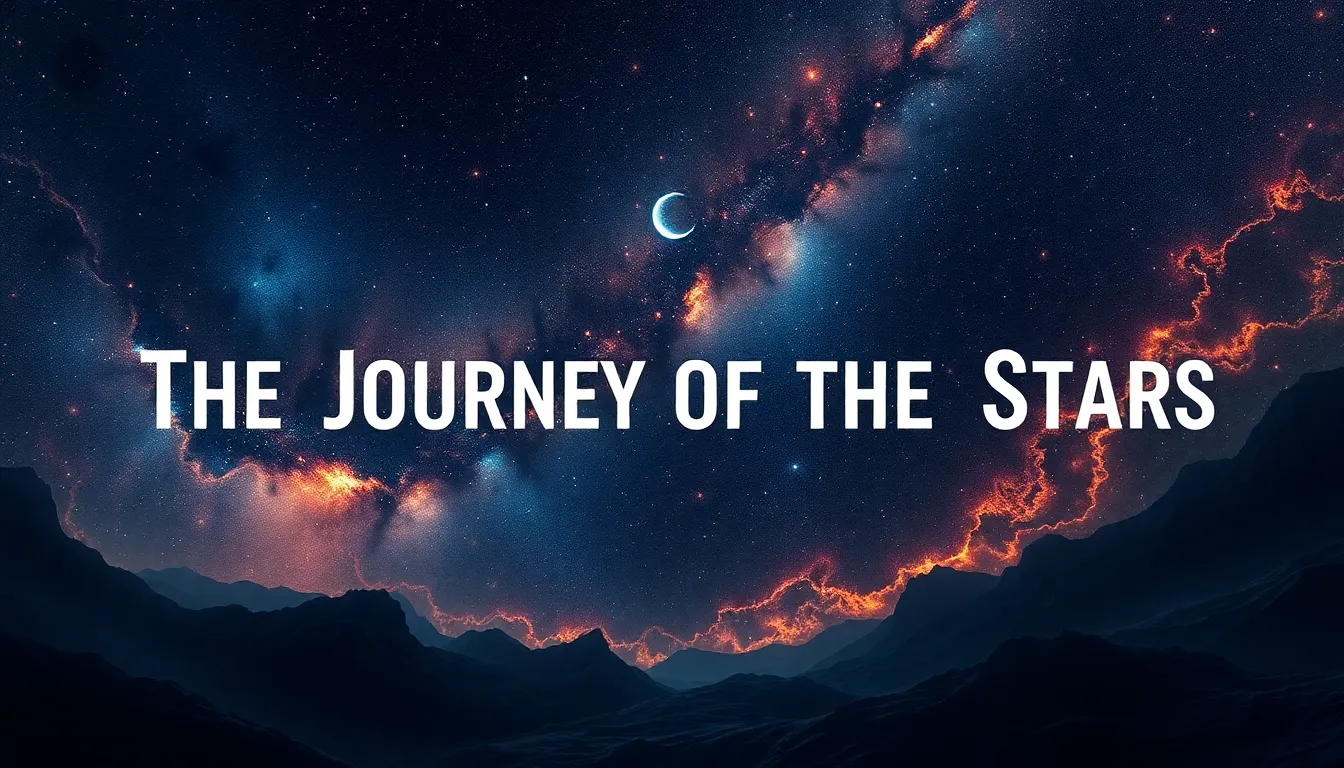The Echoes of the Deluge: How Flood Myths Resonate Today
Introduction: The Universality of Flood Myths
Flood myths are a remarkable aspect of human storytelling, permeating cultures around the globe. From the Mesopotamian tales of ancient civilizations to modern narratives found in literature and film, these myths often share striking similarities. They revolve around themes of destruction, renewal, and moral lessons, reflecting humanity’s relationship with nature and the divine.
The significance of flood myths lies not only in their historical context but also in their ability to resonate with contemporary audiences. Common themes such as survival, divine retribution, and rebirth bind these narratives together, illustrating the universal human experience in the face of catastrophic events.
Historical Context: Ancient Flood Narratives
Throughout history, numerous civilizations have crafted their own flood myths, each providing insight into their cultural values and environmental encounters. Prominent examples include:
- Mesopotamia: The Epic of Gilgamesh features a flood story where Utnapishtim is warned by the god Ea to build an ark and save his family and animals from an impending deluge.
- Greece: In Greek mythology, Zeus decides to flood the earth to eradicate humanity’s wickedness, allowing Deucalion and his wife Pyrrha to survive by building an ark.
- India: The Matsya Avatar tells the story of Vishnu saving humanity from a great flood by guiding a king’s boat to safety.
Comparing the Epic of Gilgamesh with the Biblical Noah’s Ark reveals both similarities and differences. Both narratives depict a divine warning and the construction of an ark, yet they diverge in their portrayal of humanity’s morality and the reasons behind the flood. While Utnapishtim is often portrayed as a survivor of divine caprice, Noah is depicted as a righteous man chosen by God.
The Psychological Impact of Flood Myths
Flood myths resonate deeply on psychological and emotional levels. These stories often reflect societal fears related to loss, chaos, and the unpredictability of nature. Collective trauma experienced during natural disasters can find expression in these narratives, offering a framework for understanding and coping with such events.
Key psychological themes in flood myths include:
- Fear of annihilation: The flood often symbolizes the ultimate destruction of civilization, mirroring fears about existential threats.
- Hope and renewal: Post-deluge narratives frequently emphasize rebirth and the chance for a new beginning, providing comfort in the aftermath of disaster.
- Divine justice: Many myths portray floods as a form of divine retribution, reflecting societal values and moral expectations.
Flood Myths in Modern Literature and Media
In contemporary society, flood myths continue to inspire literature, film, and art. Adaptations and reinterpretations breathe new life into these ancient narratives, making them relevant to modern audiences.
Notable examples include:
- Literature: Works such as “The Life of Pi” by Yann Martel incorporate flooding as a central theme, exploring survival and spirituality.
- Film: Movies like “The Day After Tomorrow” depict catastrophic flooding due to climate change, echoing ancient fears in a modern context.
- Art: Contemporary artists often use flooding imagery to comment on environmental issues and human vulnerability.
Environmental Reflections: Flood Myths and Climate Change
The current environmental crisis has brought renewed attention to flood myths, as communities worldwide grapple with the realities of climate change and rising sea levels. These ancient narratives resonate with today’s experiences of flooding, highlighting humanity’s ongoing struggle against nature’s wrath.
Flood myths can serve as cautionary tales that remind us of the consequences of disregarding the environment. They encourage reflection on the interconnectedness of humanity and nature, urging us to recognize our responsibility in mitigating climate change.
Cultural Identity and Resilience in Flood Myths
For many cultures, flood myths are integral to their identity and resilience. These stories often serve as a means of cultural expression, helping communities to process their experiences and rebuild after disasters.
Examples of communities that draw on flood myths include:
- Indigenous Peoples: Many Indigenous cultures have rich flood narratives that emphasize their connection to the land and the cyclical nature of life.
- Hurricane Survivors: Communities affected by hurricanes often turn to flood myths to reinforce their identity and foster resilience in the face of adversity.
Spiritual and Religious Dimensions of Flood Myths
Flood myths hold significant spiritual and religious importance in various belief systems. These narratives often convey moral lessons and insights into the nature of humanity and divinity.
Key aspects include:
- Divine intervention: Many flood myths illustrate the belief in a higher power that intervenes in human affairs.
- Moral lessons: The themes of righteousness and justice found in these myths often serve as moral guides for believers.
- Spiritual renewal: Flood stories frequently emphasize the possibility of redemption and renewal after catastrophe.
The Role of Oral Tradition in Preserving Flood Myths
Oral tradition plays a crucial role in keeping flood myths alive across generations. Storytelling serves as a means of cultural transmission, allowing communities to share their histories and values.
For instance, in many Indigenous cultures, oral storytelling is central to preserving flood myths. These narratives are passed down through generations, adapting to contemporary contexts while maintaining their core messages.
The Future of Flood Myths in a Changing World
As the world continues to change, flood myths may evolve to reflect new realities. The ongoing environmental crises and social transformations could inspire the creation of new myths that address contemporary experiences of flooding.
Speculating on the future of flood myths, we might see:
- New narratives that incorporate technological advancements and modern understandings of climate science.
- A blending of traditional flood myths with contemporary experiences, creating hybrid stories that resonate with current audiences.
- Increased focus on community resilience and sustainability as central themes in new flood narratives.
Conclusion: The Enduring Legacy of Flood Myths
Flood myths remain relevant in today’s world, offering valuable insights into human nature, environmental issues, and societal challenges. As we navigate the complexities of modern life, these ancient narratives provide a framework for understanding our relationship with nature and the divine.
In celebrating and learning from these stories, we can find guidance and inspiration as we face current and future challenges, ensuring that the echoes of the deluge continue to resonate through time.




